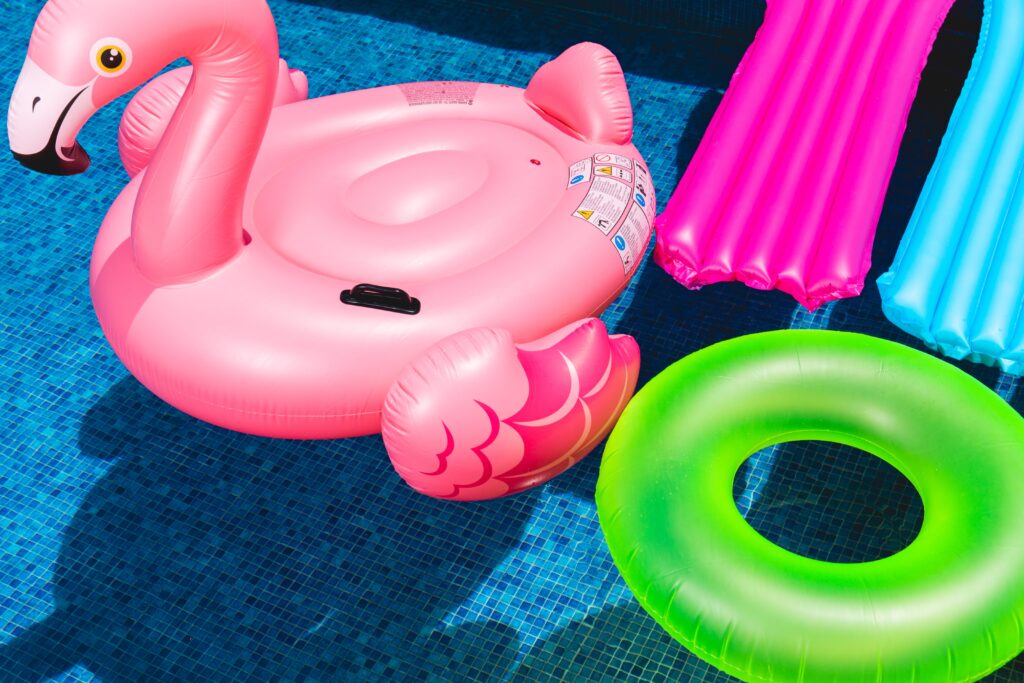Who exactly are you selling to? Lot of businesses haven’t really analysed their demographics in detail.
Buyer personality types play a pivotal role in shaping market trends and influencing business strategies. They buy things differently, which will inevitably change your strategy on marketing, design and point of sale behaviour.
Understanding the different types of buyer personality types is essential for businesses aiming to tailor their approaches and provide personalised experiences. From impulsive shoppers to meticulous researchers, the buyer spectrum is vast and diverse. Knowing who you’re dealing with at the point of interest can make or break how you close a sale.
Here are some I have worked with over the years, and how you can understand them for a smooth marketing and purchasing experience.
Impulse Buyers
These buyers are spontaneous and make purchasing decisions on the spur of the moment. They are often influenced by emotions, trends, novelty, or a sense of urgency. Impulse buyers are attracted by flashy displays, limited-time offers, and the thrill of getting a good deal. They’re commonly ADHD-ers and are well aware of this trait.
Businesses can capitalise on this by creating eye-catching marketing campaigns, strategically placing products near checkout counters, and offering limited-time promotions. Think about the “middle of Lidl”. Some might call it the Holy Grail of impulse buys (and they wouldn’t be wrong).
Research-Oriented Buyers:
On the opposite end of the spectrum are the meticulous researchers. This buyer personality invests quite a bit of time in thorough product research, comparing features, reading reviews, and seeking recommendations. They value detailed product descriptions, transparent pricing, and genuine customer reviews.
Businesses targeting this group should focus on providing comprehensive information, customer testimonials, and comparison tools to facilitate their decision-making process. Think about the specifications, features and reviews section of Amazon or eBay. These sites have capitalised on this buyer persona and their need to see a product from all angles.

Brand-Loyal Buyers:
It’s statistically easier and more cost effective to sell to a repeat customer. Brand loyalty is a powerful force. Some buyers are unwavering in their commitment to certain brands. That loyalty needs to be earned. It takes time.
These buyers trust the quality, consistency, and values associated with a particular brand. Think John Lewis. To cater to brand-loyal buyers, businesses must prioritise maintaining the highest standards of customer service, product quality, and communication. Things like refund policies are where these businesses tend to stand out.

Discount Seekers:
Price-conscious buyers are always on the lookout for the best deals and discounts. They may be swayed by promotions, coupon codes, or loyalty programs. Beware this buyer personality – they have zero customer loyalty and are best suited to product orientated retailers (who have a fast turnover of stock).
Think Primark. If those prices went up to match the likes of Next or M&S they would be out of business in a heartbeat.
Experiential Buyers:
For some buyers, the shopping experience itself is as important as the product. They seek an immersive and enjoyable shopping journey, valuing factors such as excellent customer service, interactive displays, and a visually appealing store layout.
This buyer personality type notices kind gesture, freebies and expect to pay more for a better quality of service. Think Harrods or The Ritz. These customers will go out of their way to be in an enjoyable environment.
You can mimic this kind of luxury in both customer communication and investing in your web design. Experiential buyer personas will know good quality when they see it.

Socially Conscious Buyers:
In an era of increased environmental awareness, socially conscious buyers prioritise ethical, eco-friendly and sustainable practices. They are concerned about a company’s impact on the environment, its ethical sourcing, and its commitment to social responsibility.
Businesses can attract and convert socially conscious buyers by adopting sustainable practices, transparent communication about their values, and supporting social or environmental causes. Pick a cause that resonates with you as an individual.
About the Author
Catherine Jarvis Clothier is a digital marketer and online presence specialist living and working in Kent, UK. She has worked in unusual UK businesses for over 10 years across the South of England, particularly in automotive and therapy-based enterprises. Catherine specialises in social media, SEO and web design. She can be contacted here for online business consultations.


